After two virtual editions, this year’s event was held in the in-person formula in Cape Town.
On December 14-15, 2022, The Development Policy Research Unit (DPRU) at the University of Cape Town hosted the conference organised by the World Bank, IZA, the Network on Jobs and Development, which includes IBS, and UNU-WIDER.
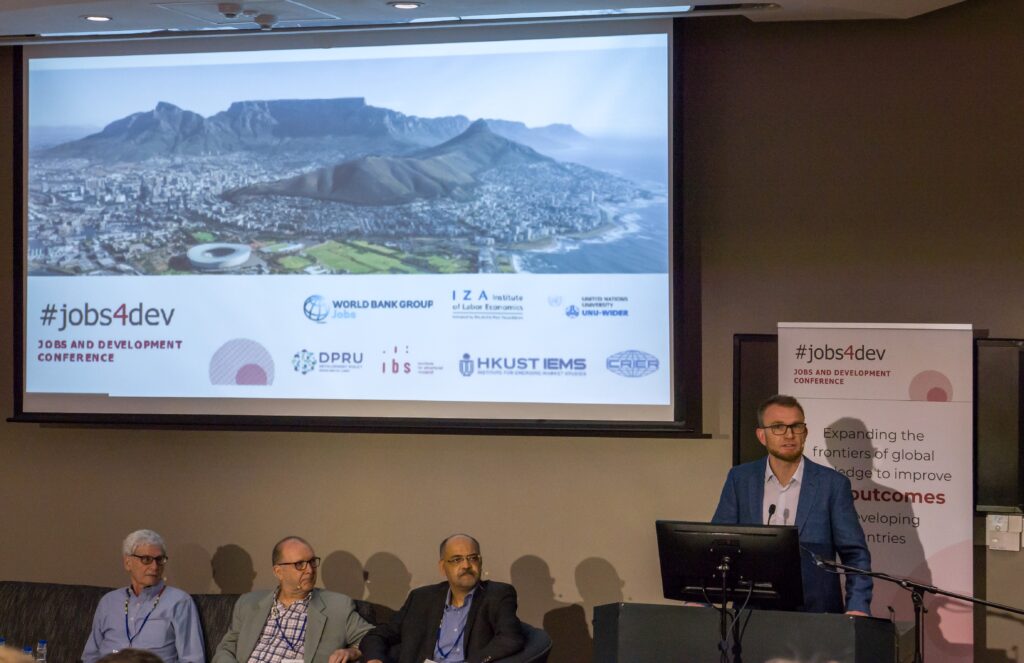
The conference showcased over 60 papers from researchers and experts focused on labour market policies and challenges in a dynamically changing environment. Oriana Bandiera of the London School of Economics and Ragui Assaad of the Humphrey School of Public Affairs, University of Minnesota, delivered two keynote lectures.
Oriana Bandiera stressed the importance of a structural and organisational change from self- to wage employment in developing countries. Organisations enable people with different talents to work together for a shared, individually unattainable goal. Therefore, they drive growth by creating diverse jobs. However, wage employment, especially in the public sector, cannot be used as a tool of political appeasement.
Ragui Assaad focused on labour markets in North Africa. He showed that such a longstanding practice led to segmented labour markets and a misallocation of human capital. The conference also featured a policy panel on youth unemployment in Africa.
Two researchers represented IBS.
Piotr Lewandowski presented the results of an experimental paper on preferences for working from home among workers and employers. He showed that demand for working from home is substantially higher among workers than among employers. Only among a minority of employers who perceive remote workers as equally productive as office-based workers do valuations of working-from-home amenities align with workers’ valuations.
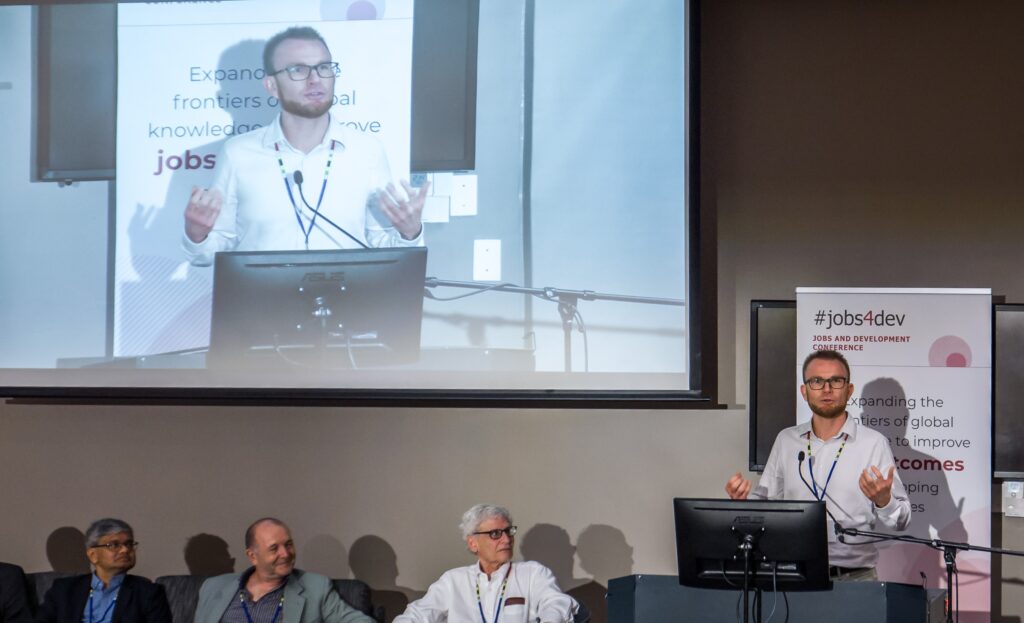
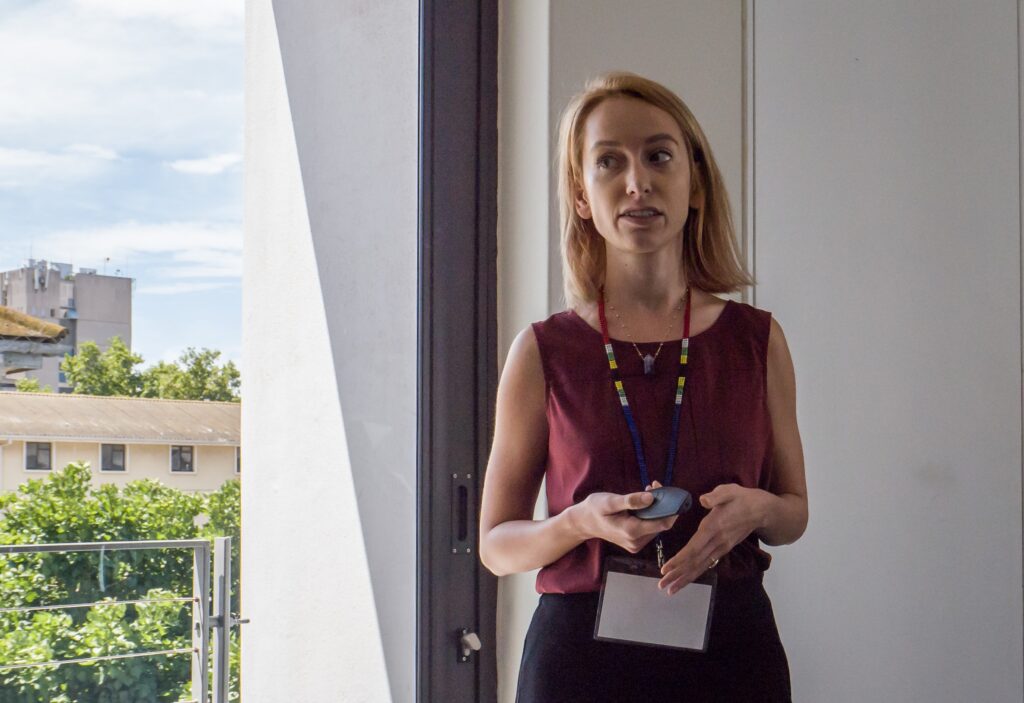
Zuzanna Kowalik presented the findings on working conditions and job quality of transportation and food delivery platform workers in Poland, focusing on differences between migrant and native workers. She showed that migrants’ job quality is noticeably lower than that of natives and lower than that of the general population of migrants. Migrants who started platform work immediately after arriving in Poland are particularly deprived.
Invited policymakers delivered a strong message that creating better jobs for more people is the most pressing challenge in developing countries, as it remains the key to sustained poverty reduction.
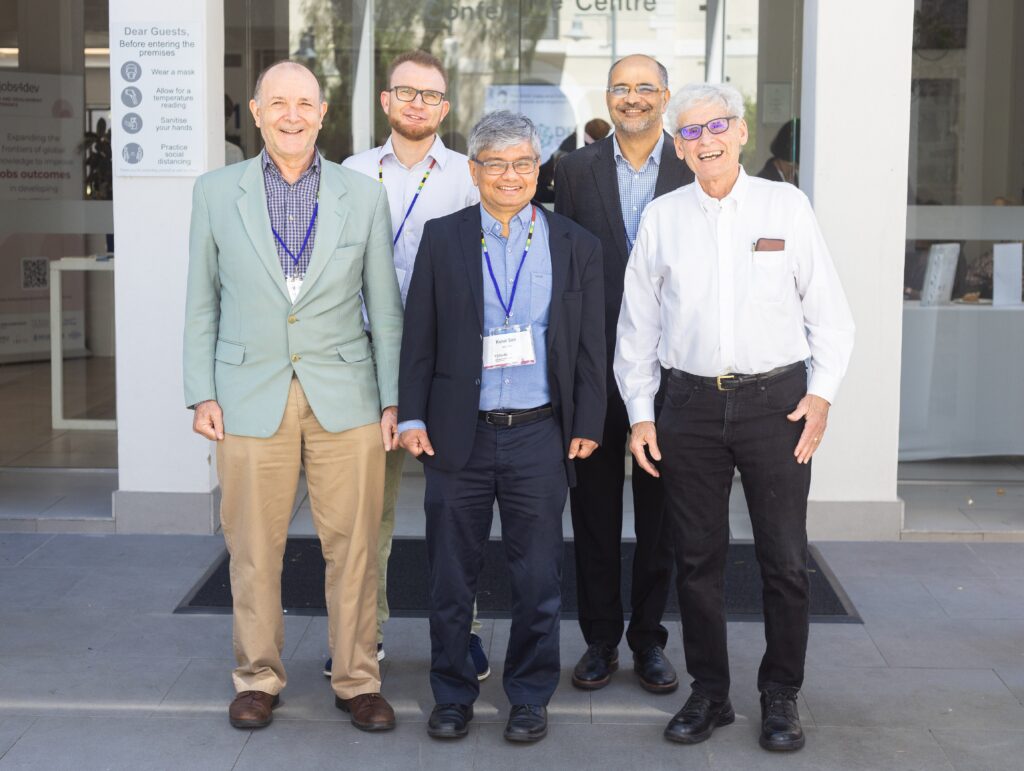
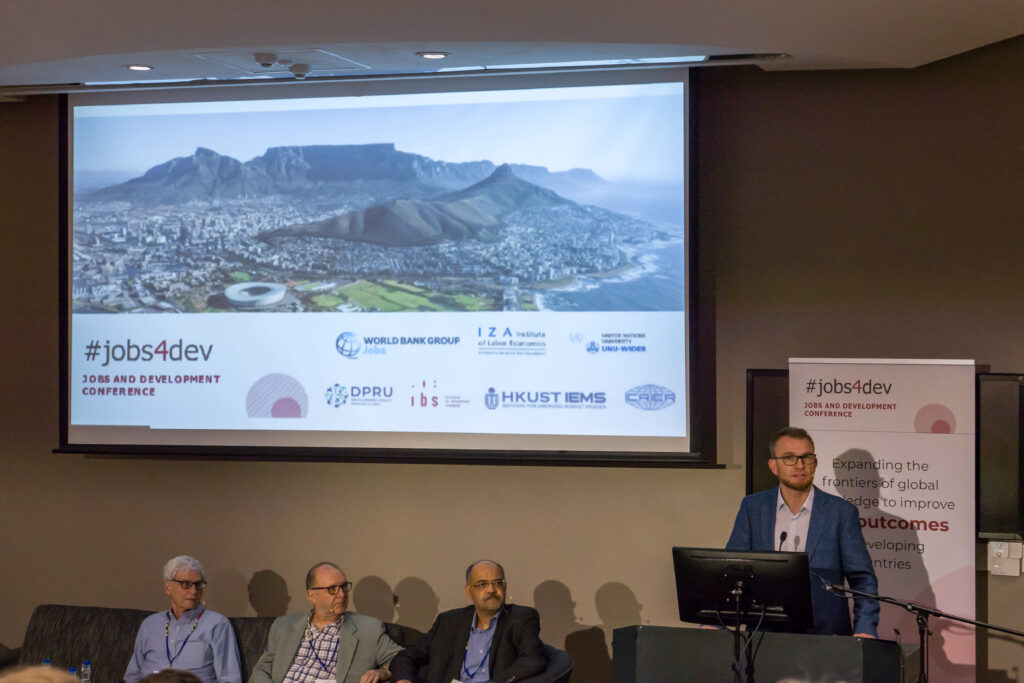
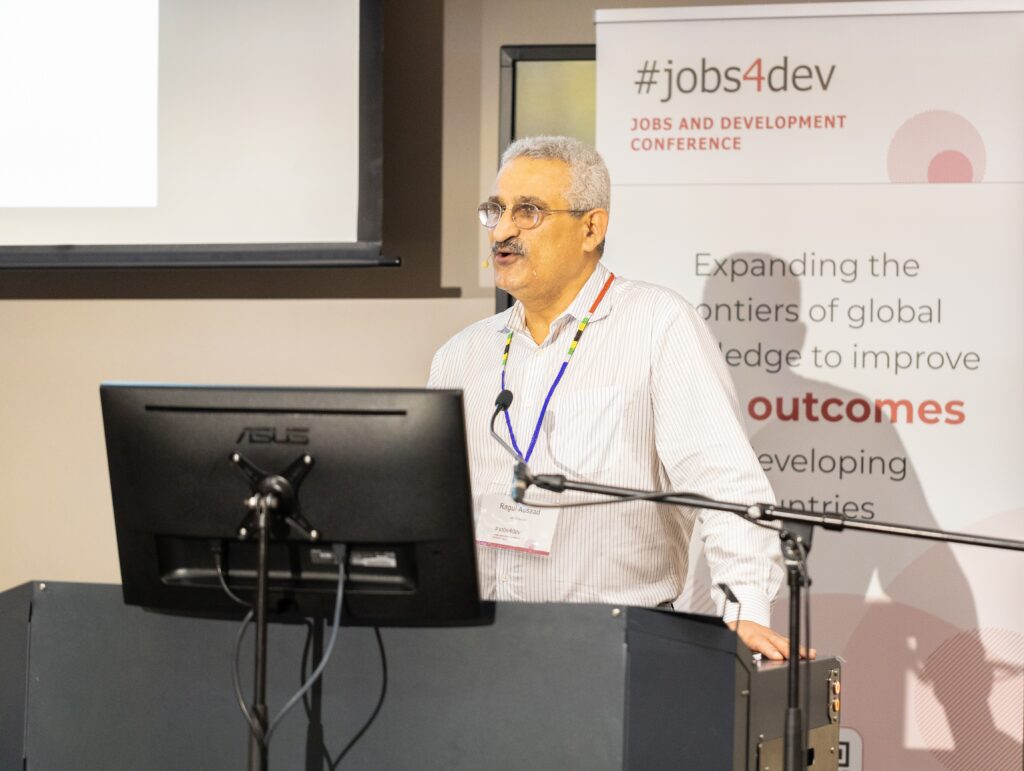
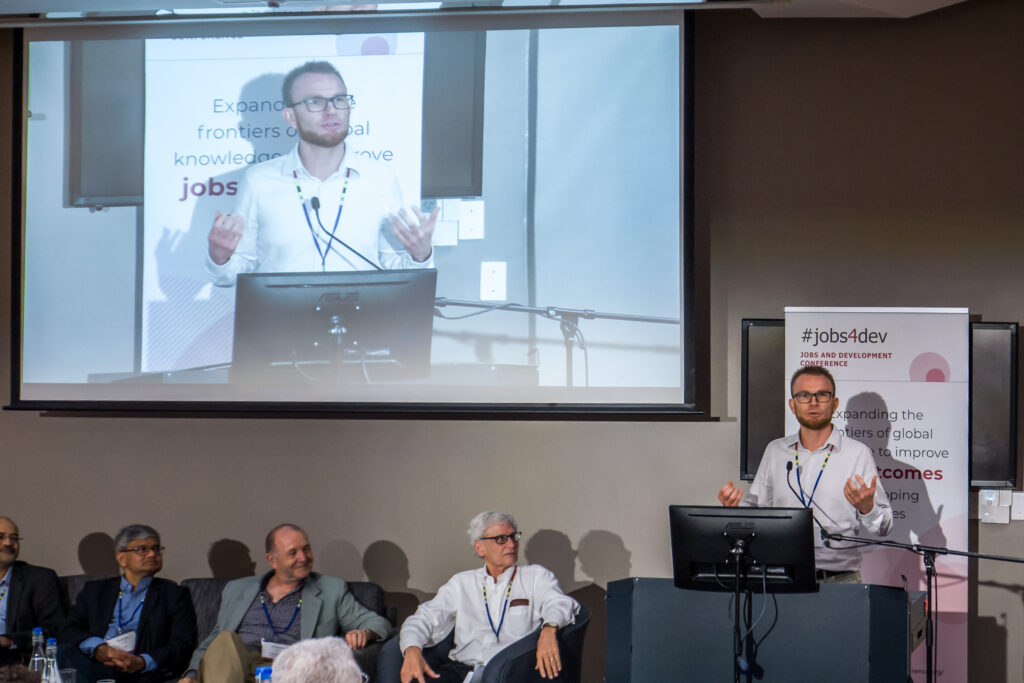
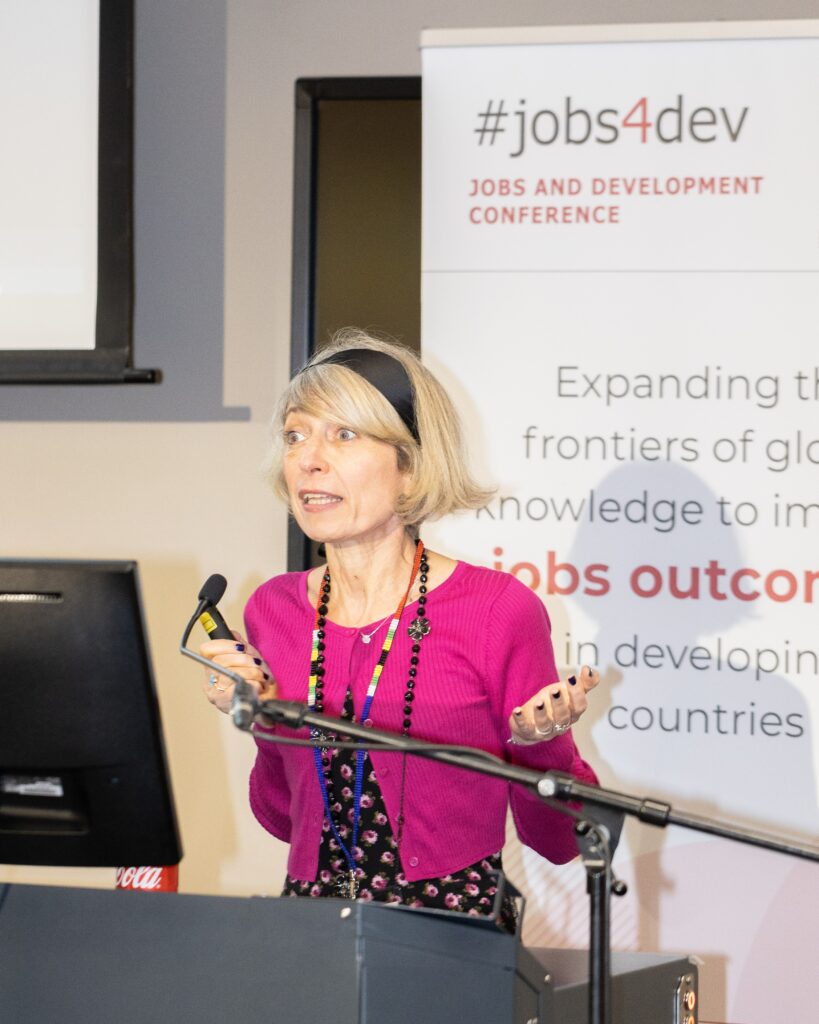
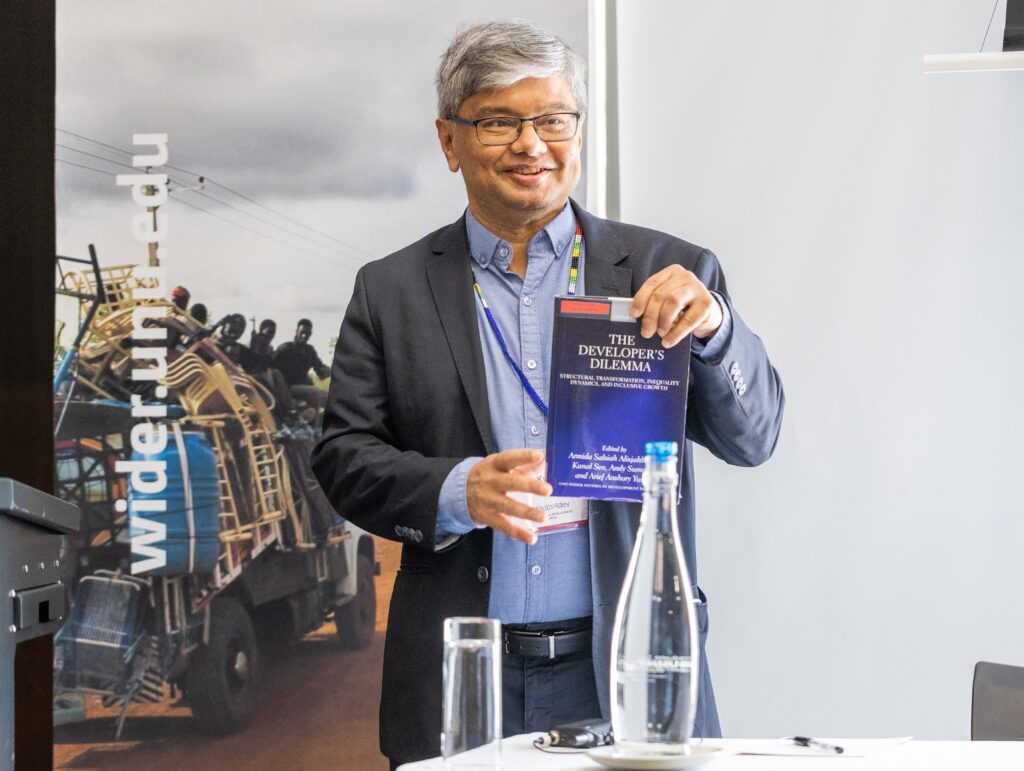

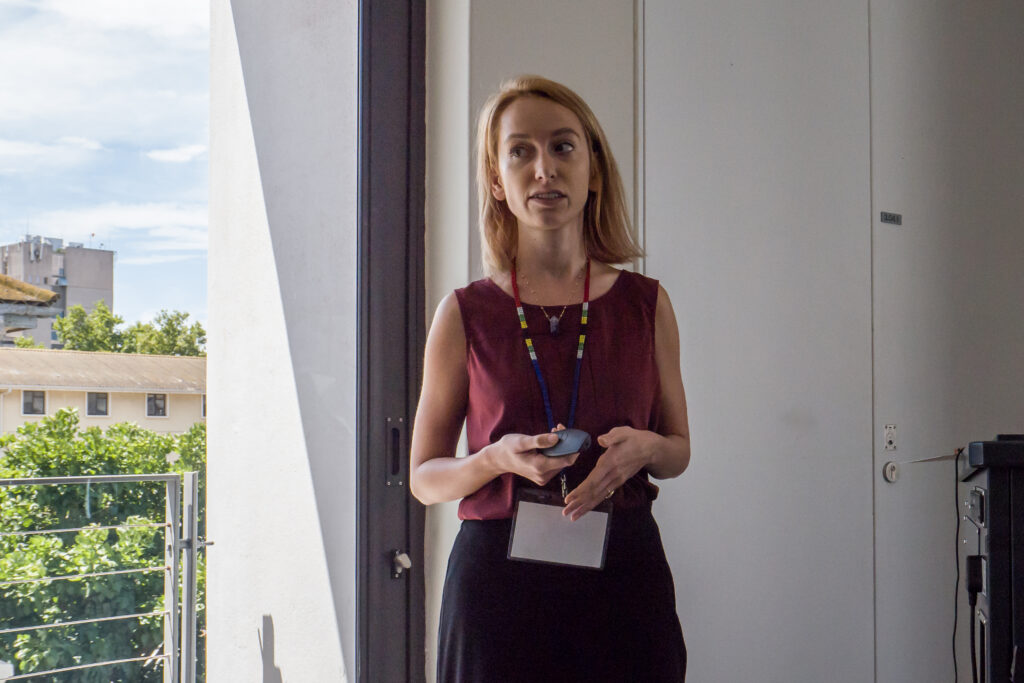
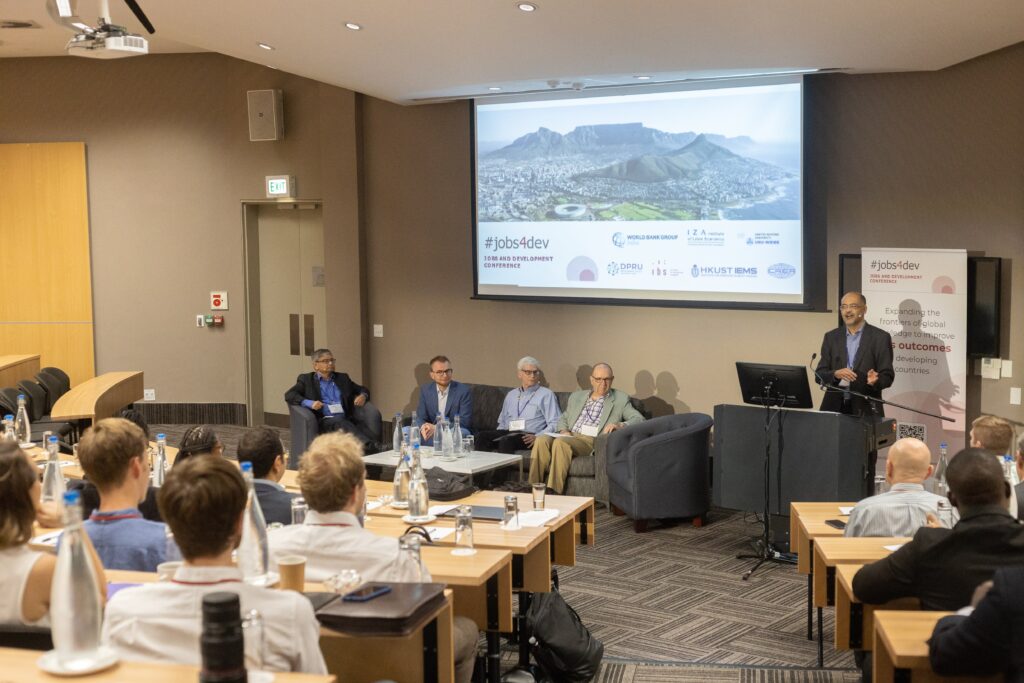
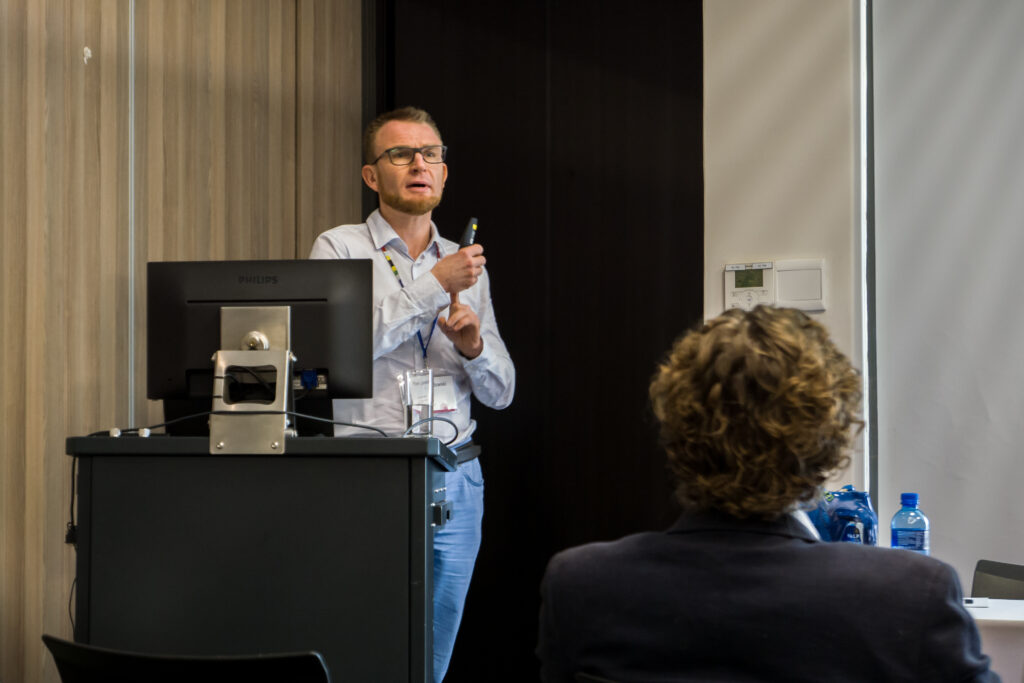
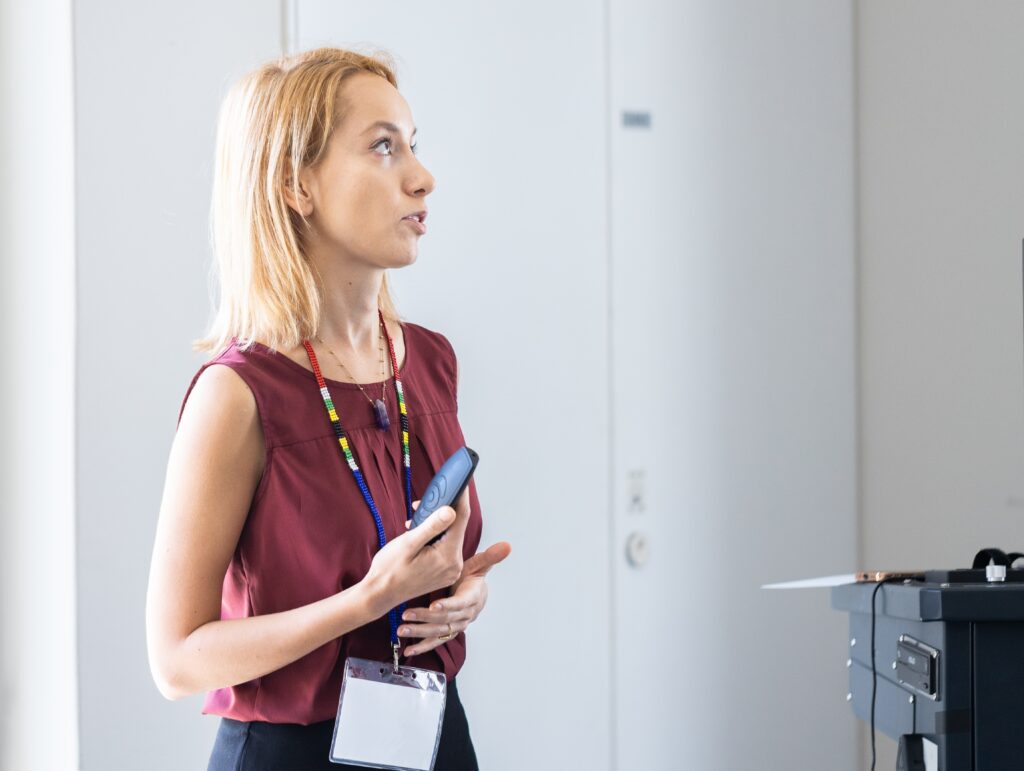
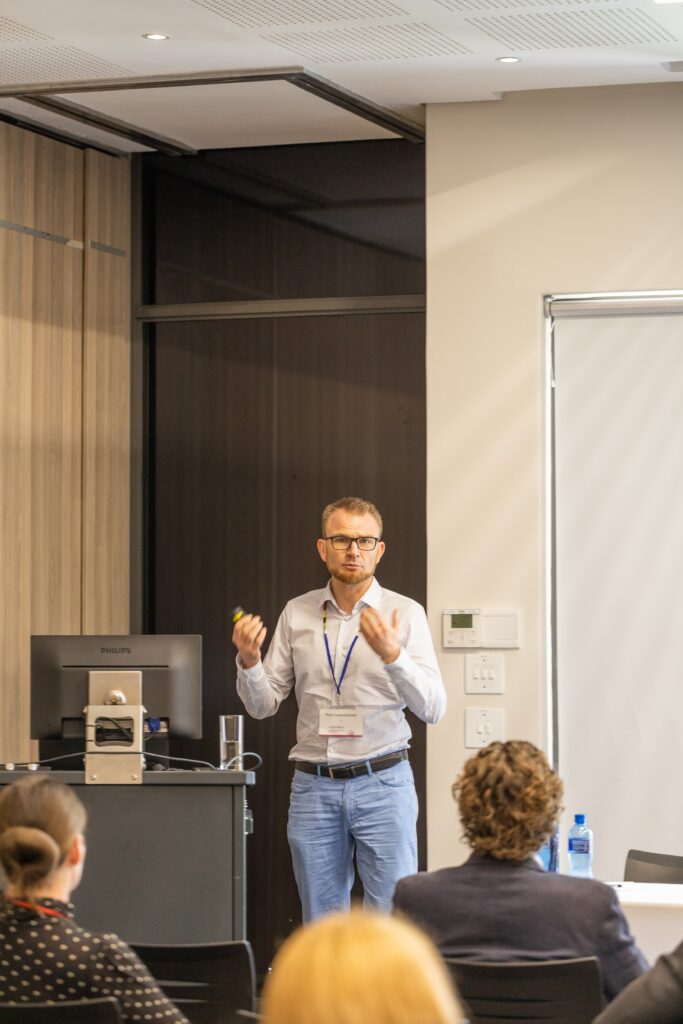


Photo gallery by Klara Beckerling of Everyday Studios and Zuzanna Kowalik, Piotr Lewandowski of IBS.

